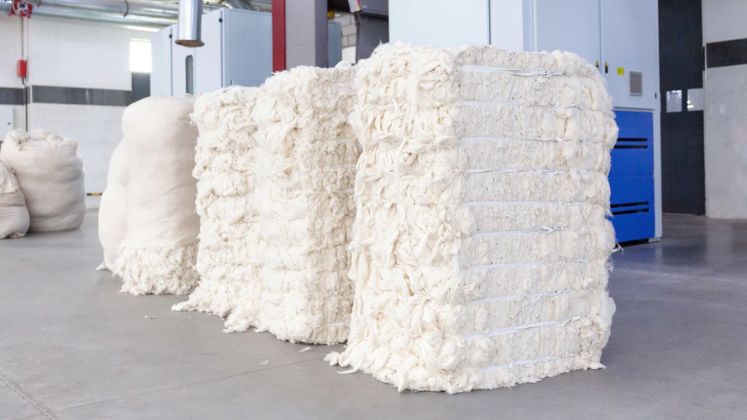
The Indian Government has suspended the 11% import duty on raw cotton between 19 August and 30 September, providing temporary relief to the country’s textile and garment industry, as announced by a Government order late on Monday. The measure follows persistent lobbying by industry groups, including the Confederation of Indian Textile Industry (CITI), which argued that high input costs were eroding competitiveness against regional peers.
Prior to the waiver, imports of cotton were charged an 11% tariff. Industry leaders now anticipate that duty-free cotton imports will continue past September.
In February 2022, India had previously levied import taxes on cotton. Since then, the US’s proportion of India’s cotton imports has decreased from 40–50% to a projected 19% in fiscal 2024–2025. In order to compete with Bangladesh and Vietnam, which had access to cheaper US cotton, India’s textile sector switched to comparatively cheaper Brazilian cotton as taxes made imported cotton costly.
The duty waiver comes at a critical time for the sector, which is grappling with labour shortages, limited production capacity, and a steep 50% tariff on apparel exports to the United States. The US tariff comprises an existing 25% levy and an additional 25% set to take effect later this month, imposed as a penalty for India’s purchases of Russian oil.
By contrast, Bangladesh and Vietnam face a 20% duty on shipments to the US, while China faces 30%. Industry stakeholders view the suspension as a necessary intervention to prevent exporters from shifting production overseas, undermining India’s “Make in India” manufacturing agenda.
CITI Secretary General Chandrima Chatterjee said, “CITI has long been requesting that the import duty on cotton be removed to help domestic cotton prices align with international prices. We, therefore, greatly welcome this measure taken by the authorities even though the relief is only available temporarily.”
India has suspended import tariffs on raw cotton for 40 days to tackle tight supplies and stabilise prices ahead of the harvest season, according to Ajay Srivastava, Founder of the Global Trade Research Initiative (GTRI). The waiver, he noted, is expected to ease pressure on mills grappling with high input costs and provide support to yarn and fabric exporters facing competitiveness challenges, particularly in the lead-up to India’s festival season.
Srivastava added that the Government restricted the relief to 40 days in order to avoid sustained downward pressure on domestic cotton prices, which could adversely affect farmers. He described the measure as a time-bound intervention intended to stabilise markets until the arrival of the new crop.






